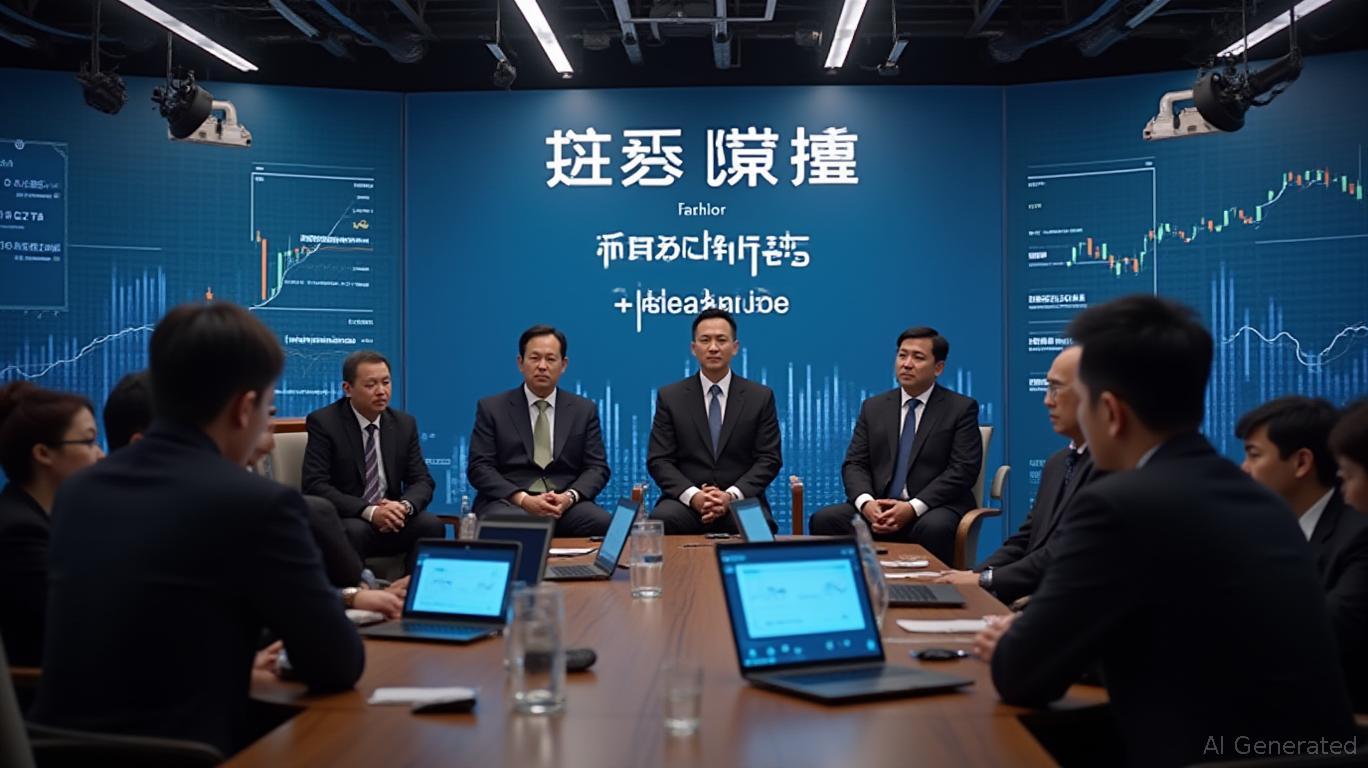What is the ideal amount of power for AI? The answer remains unclear—even industry leaders like OpenAI’s Sam Altman and Microsoft’s Satya Nadella don’t have a definitive figure.
This uncertainty has created challenges for software-centric companies such as OpenAI and Microsoft. The tech sector has largely viewed computing resources as a primary obstacle to advancing AI. While tech giants have been scrambling to secure enough electricity, their progress has not kept pace with their GPU acquisitions, resulting in situations where Microsoft, for example, has reportedly purchased more chips than it has power capacity to support.
“You really can’t forecast the cycles of supply and demand in this area,” Nadella remarked on the BG2 podcast. “Currently, our main challenge isn’t an oversupply of compute, but rather access to power and the ability to construct [data centers] quickly enough near available energy sources.”
“If we can’t achieve that, we could end up with a surplus of chips in storage that I can’t even use. That’s actually the issue I’m facing now. The problem isn’t chip supply; it’s that I lack ready-to-use facilities to install them,” Nadella continued, referencing the term “warm shells” for buildings prepared for occupancy.
This situation highlights what happens when companies used to working with rapidly scalable technologies like chips and software must suddenly accelerate their involvement in the much slower energy sector.
For years, electricity consumption in the U.S. remained steady. However, in the past five years, demand from data centers has surged, outstripping utility companies’ plans for new power generation. As a result, some data center operators have started using so-called behind-the-meter setups, where power is delivered directly to the facility, bypassing the main grid.
Altman, who also participated in the podcast, warned of potential risks: “If a highly affordable energy source becomes widely available soon, many will find themselves stuck with unfavorable contracts they’ve already signed.”
“If we can keep driving down the cost per unit of intelligence—say, it’s been dropping by a factor of 40 each year for a given level—that creates a daunting challenge for infrastructure expansion,” he explained.
Altman has put money into nuclear ventures, including the fission company Oklo and the fusion startup Helion, as well as Exowatt, which focuses on solar energy by capturing and storing the sun’s heat.
Yet, none of these solutions are ready for large-scale rollout at present, and fossil-fuel options like natural gas plants require years to construct. Additionally, orders for new gas turbines placed now likely won’t be filled until later in the decade.
This is part of the reason tech firms have been rapidly investing in solar power, attracted by its low cost, clean energy, and the speed at which it can be deployed.
There may also be psychological reasons behind this trend. Photovoltaic solar technology shares similarities with semiconductors: both are based on silicon, have become standardized and low-risk, and are manufactured as modular units that can be combined into larger, more powerful systems.
Because solar panels are modular and quick to install, their construction timeline is much more aligned with that of data centers.
However, both solar and data centers still require significant time to build, and shifts in demand can happen faster than these projects can be completed. Altman acknowledged that if AI becomes more efficient or if demand doesn’t rise as anticipated, some companies could be left with unused power plants.
Still, based on his other remarks, Altman doesn’t seem to think this scenario is probable. He appears to subscribe to the Jevons paradox, which suggests that making a resource more efficient actually increases its overall consumption.
“If the cost of compute per unit of intelligence—or however you want to define it—dropped by a factor of 100 overnight, usage would soar by much more than 100 times, and people would find countless new applications for that compute that just aren’t economically viable at today’s prices,” Altman observed.



